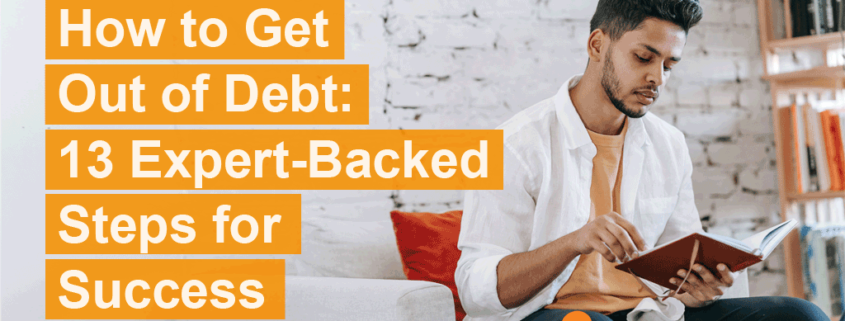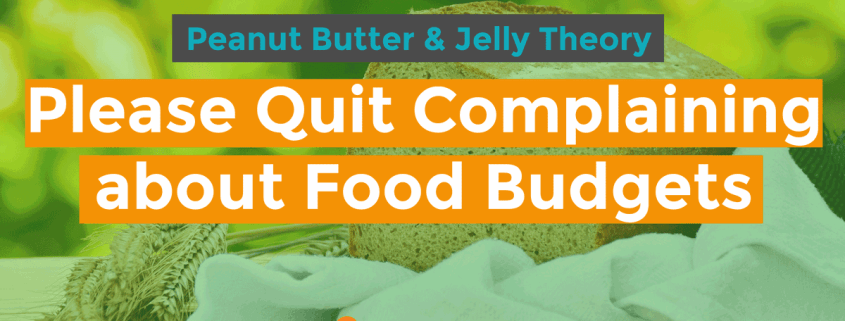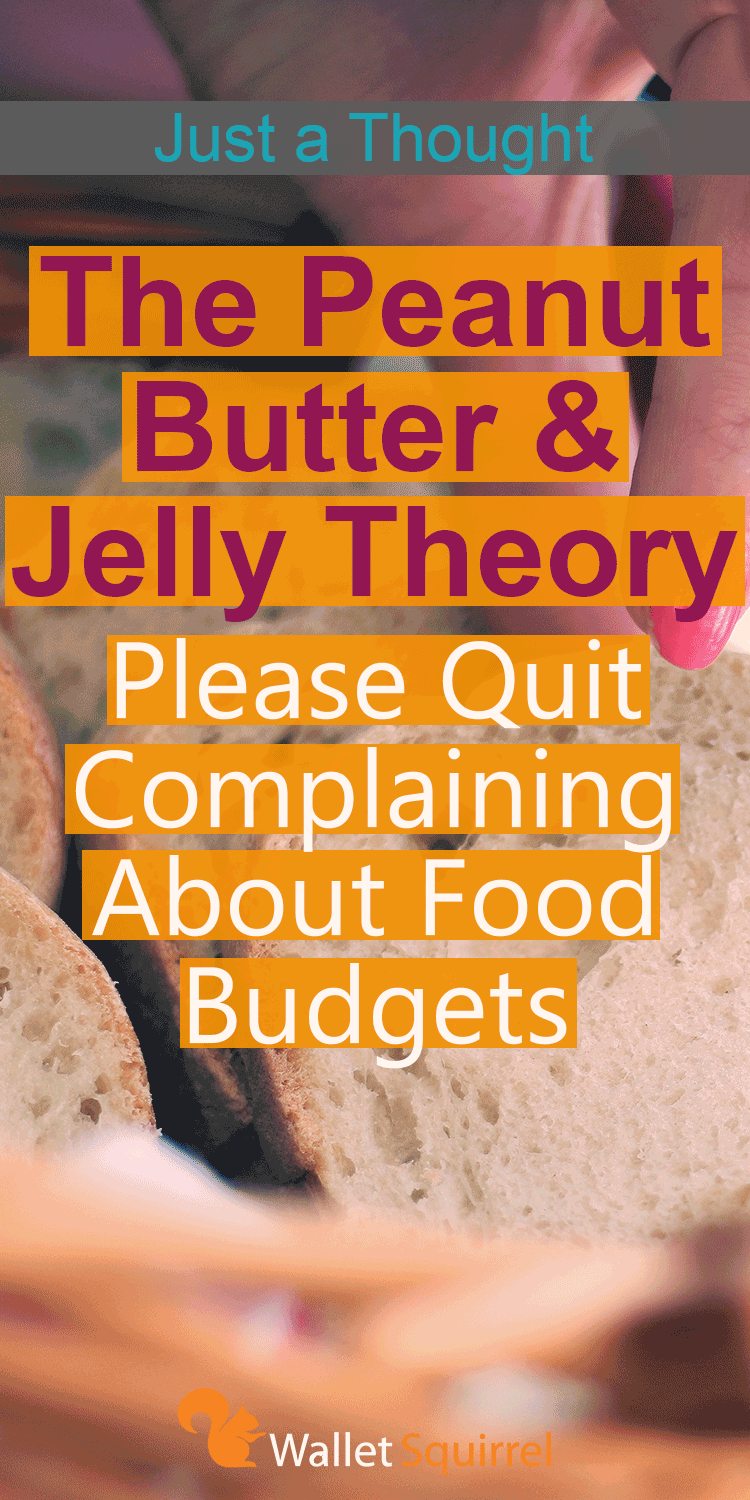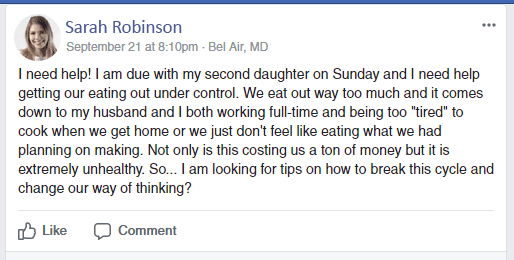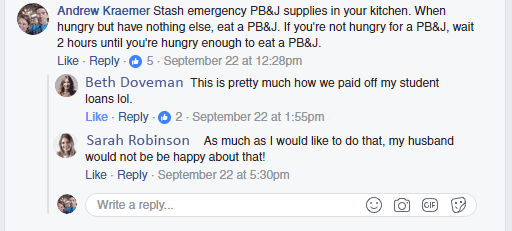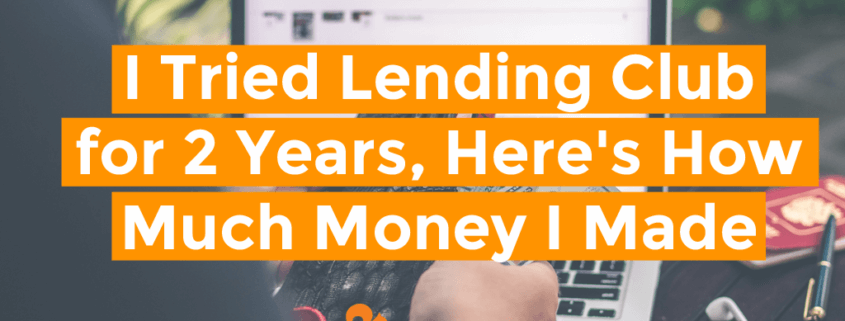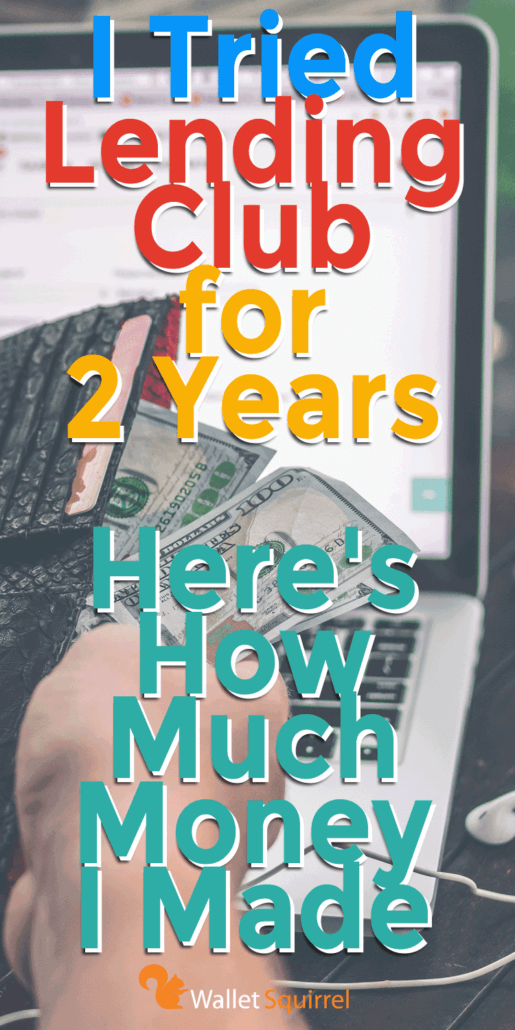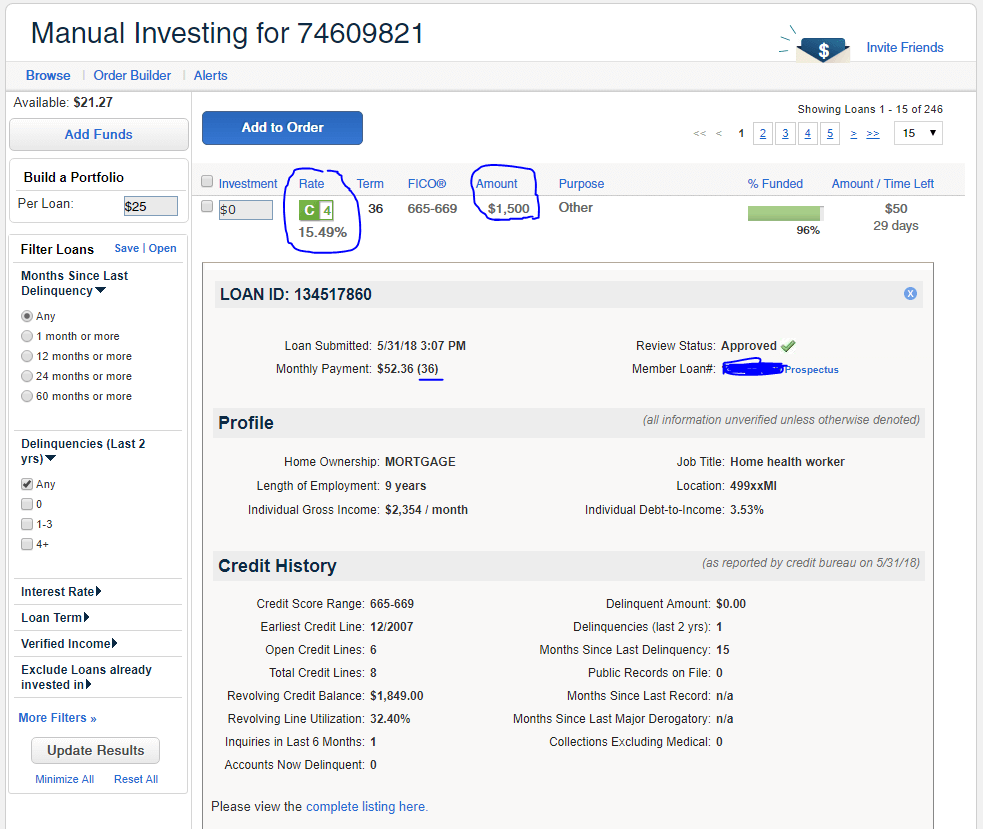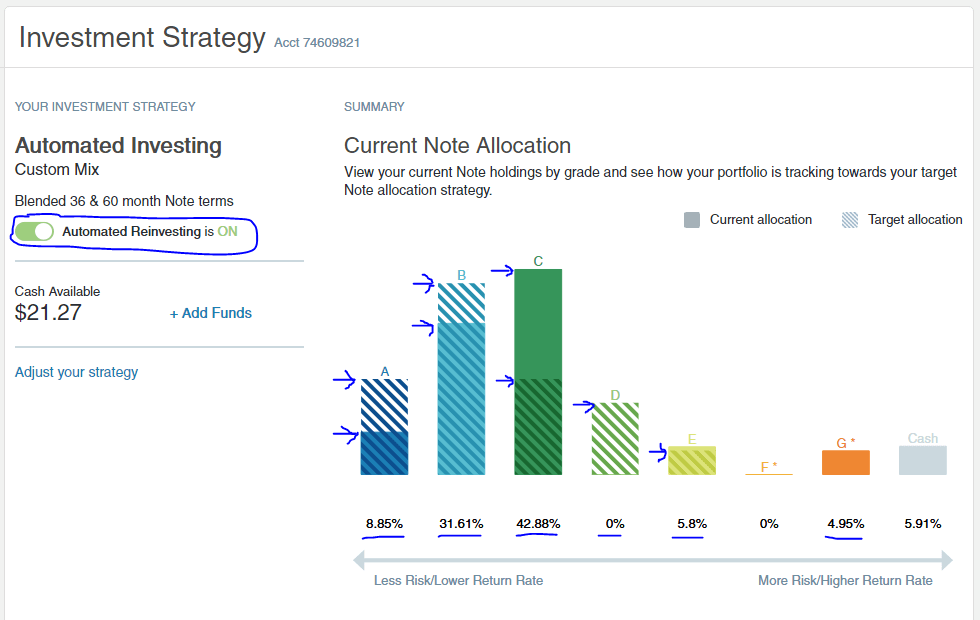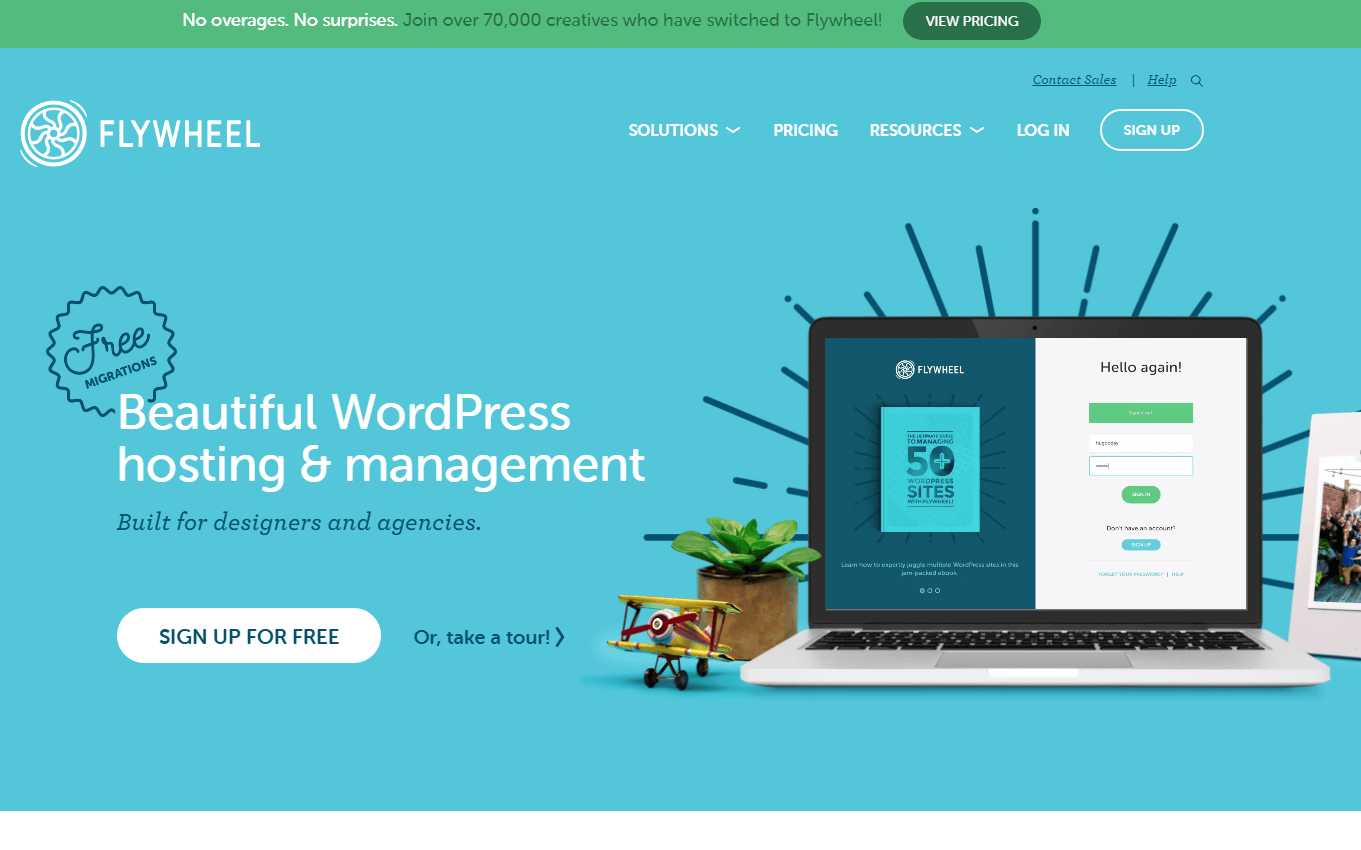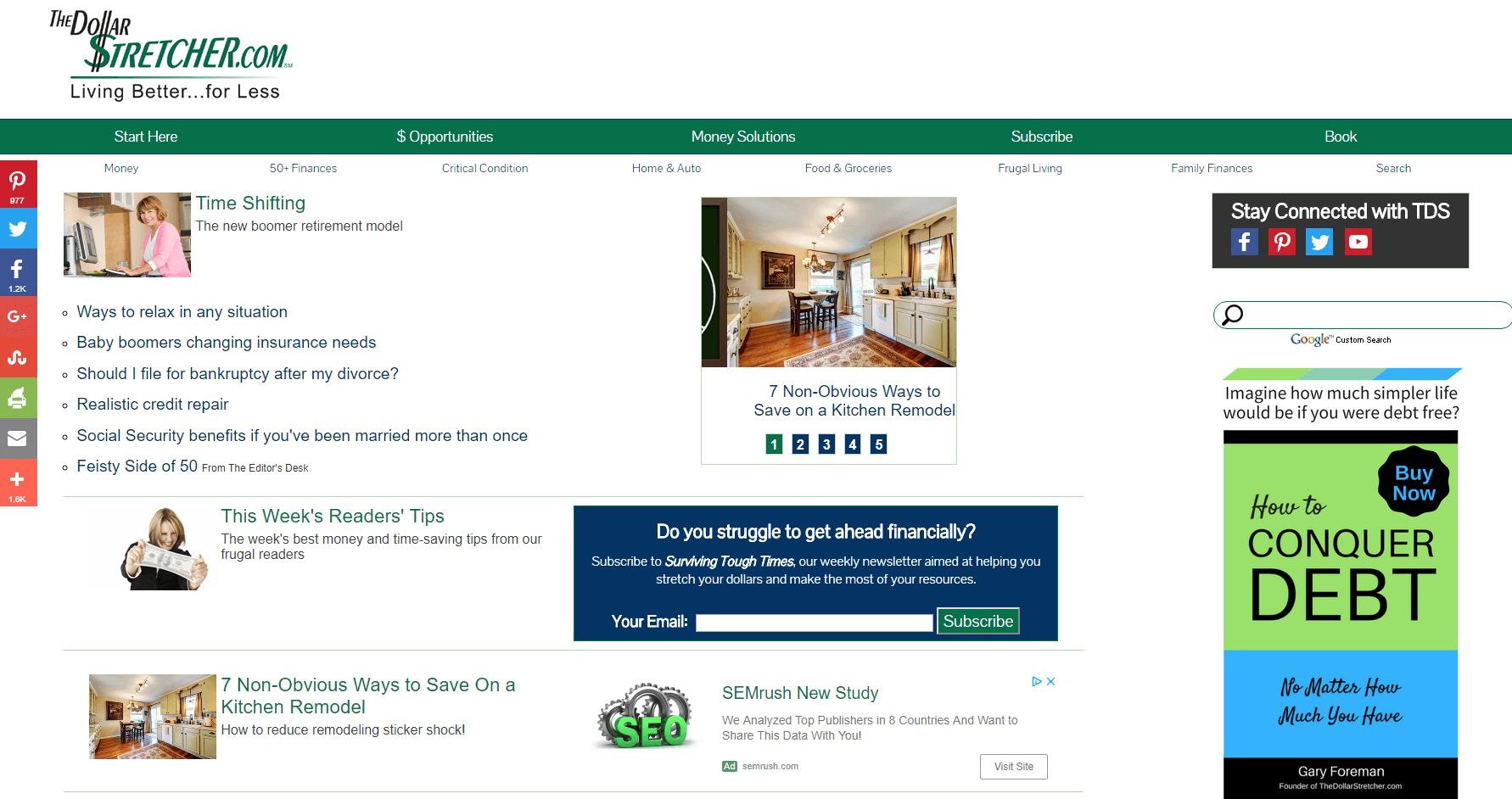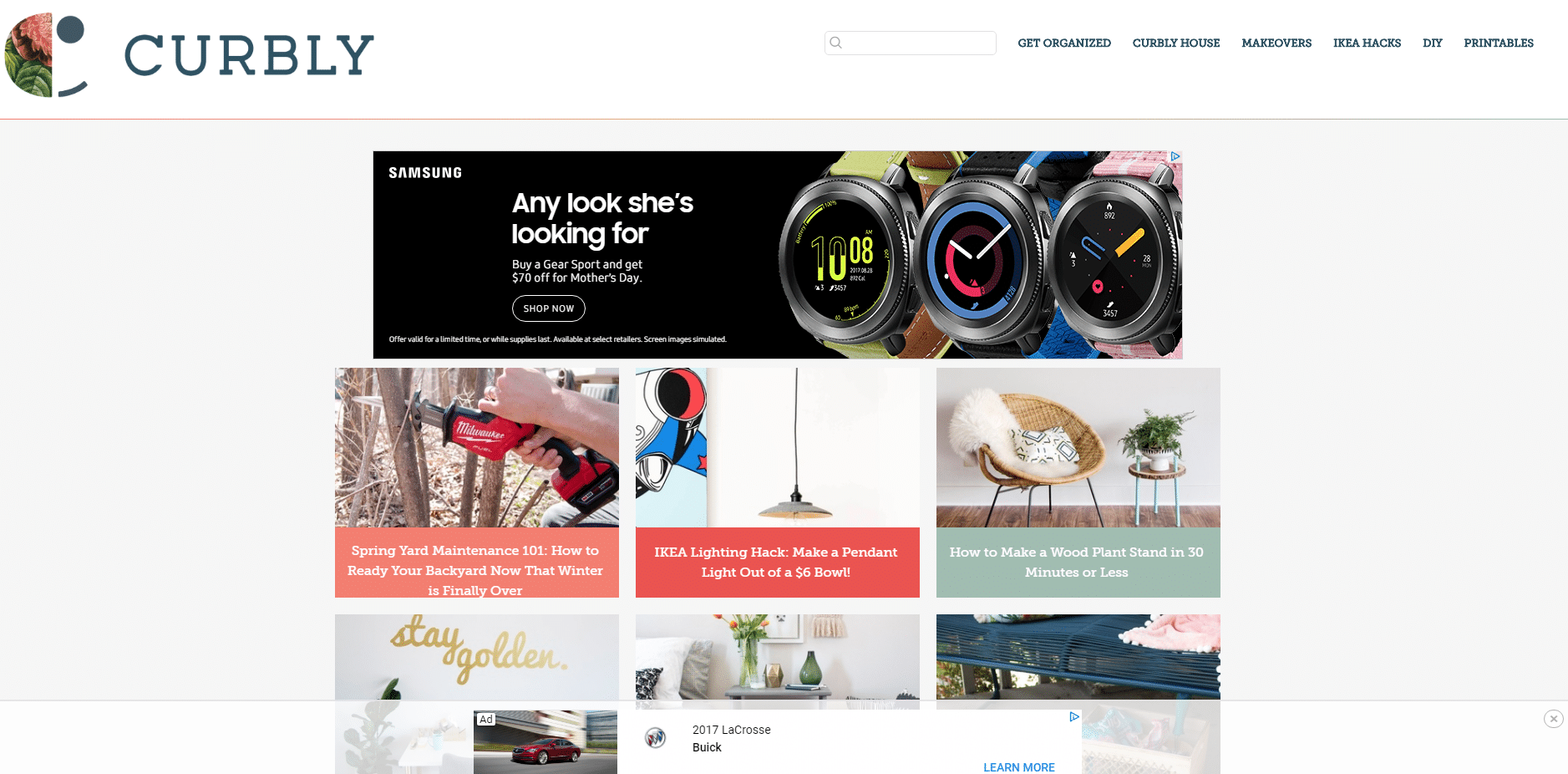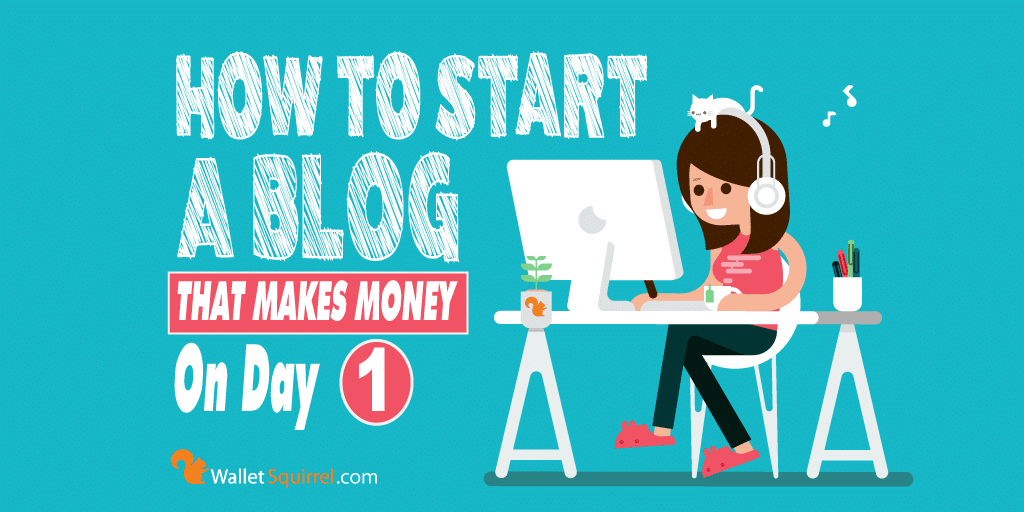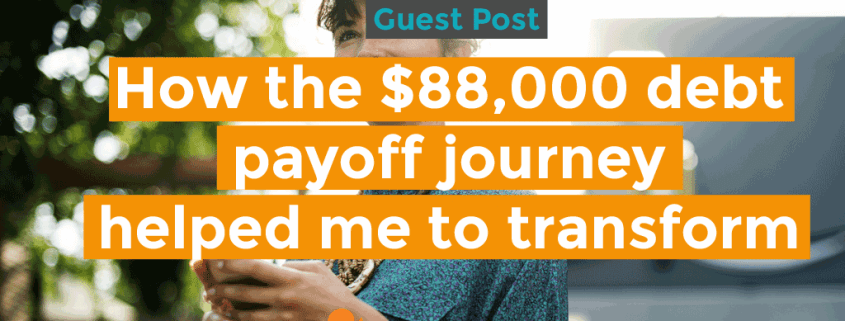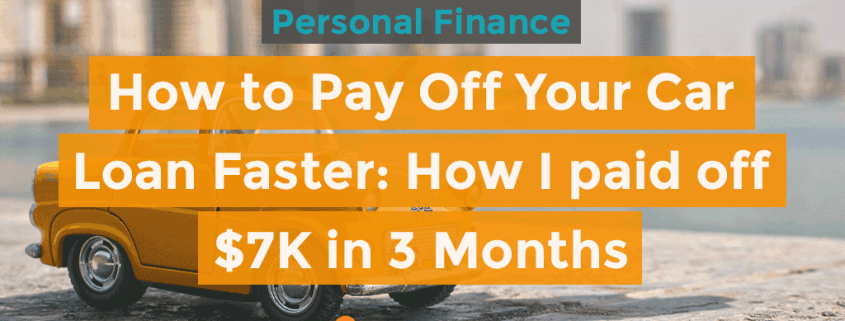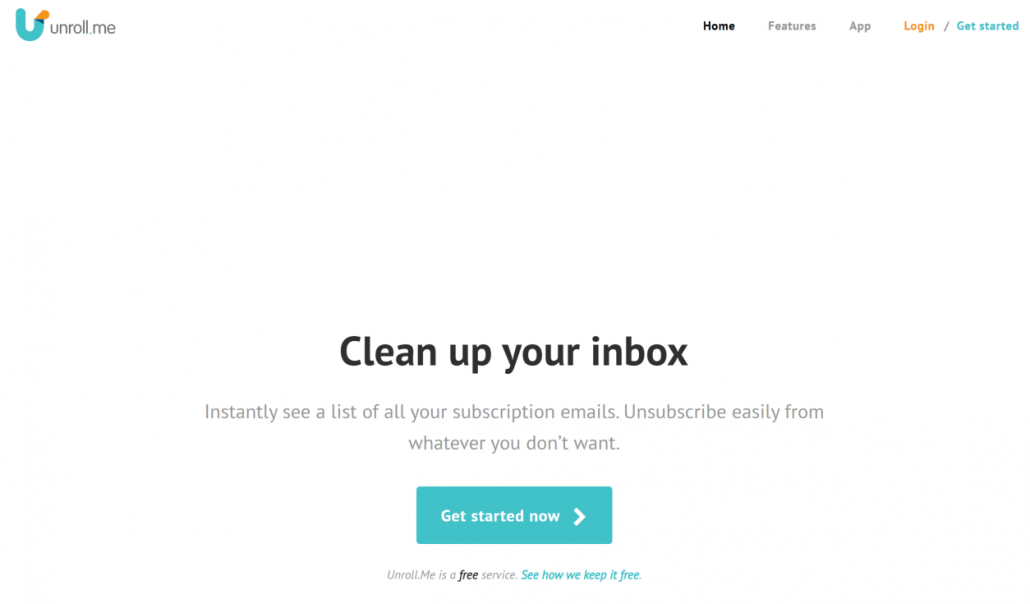How to Get Out of Debt: 13 Expert-Backed Steps for Success

You try your best to make your payments, but interest charges eat up all your progress. Next month, you’re back to square one.
Sound familiar? Don’t worry: You don’t have to be stuck with debt forever. We reached out to several experts and got their best tips for how to get out of debt. Here’s what they had to say.
1. Find Your Motivation
Before you get into the nitty-gritty of debt payoff, start by figuring out the big reason why you want to be debt-free. This is crucial for keeping yourself motivated when things feel difficult, according to Fo Alexander, founder of Mama & Money and author of “Dump Debt & Build Bank.”
Maybe you want to eliminate stress or give your kids a better life. Perhaps debt is holding you back from starting your own business or going on a dream vacation. “Paying off debt can get hard and discouraging, especially if you have a significant amount,” Alexander said. “Whatever your reason, make sure that it’s enough to keep you encouraged when times get tough.”
2. See Where you Stand
Once you identify the motivation for paying off debt, it’s time to figure out where you currently stand and devise a basic budget.
“You need to know what goes in and out of your household and whether those expenses can be covered with your income,” said Leslie H. Tayne, a debt solution attorney and managing director of Tayne Law Group, P.C.
Start by making a list of all of your monthly expenditures, including healthcare, utilities, insurance, childcare, and housing costs. Don’t forget to include debt payments, too.
Next, add up all your monthly income and subtract your expenses. The money leftover is your cash flow — and you may be surprised to find that it’s negative. If so, you’ll need to find ways to cut your spending so that you can pay down debt more aggressively, and eventually, grow your savings.
3. Identify Poor Spending Habits
Once you have a basic budget in place, take a look at your discretionary spending (AKA your “wants”) and look for opportunities to cut unnecessary spending. Don’t worry: You don’t have to live on a bare-bones budget forever. But if you want to get rid of your debt fast, it’s important to look for ways you might be wasting money and cut those expenses. “It’s easy to fall back into the debt trap if you don’t address the habits that caused you to get there in the first place,” said Andrea Woroch, a consumer and money-saving expert.
She explained that identifying and eliminating spending triggers can help. “Everyone has a trigger, and it’s important to face it to avoid it and prevent it from destroying your financial gains.” For instance, if you’re a compulsive shopper, delete retail apps and turn off push notifications for sales. If you can’t walk into Target or Costco without buying a bunch of stuff, you don’t need (guilty), stop shopping at these stores in person. “Instead, order online and choose curbside or in-store pickup, or have the items delivered to you directly,” Woroch suggested.
And every time you dodge an impulse purchase, put that extra money toward repaying your debt.
4. Increase Your Income
You can only scrimp and save so much. In addition to cutting your spending, another way to pay your debt more aggressively is to earn more income. “It doesn’t have to be a part-time or full-time job, either,” Tayne said. “Side gigs, such as baking, photography, dog walking, babysitting, ride-sharing, or turning unoccupied space in your home into a rental, can all generate extra income.”
Just keep in mind that gig workers are responsible for paying taxes on their earnings, so be sure to set aside some of your income for tax time and find out if you need to make quarterly estimated payments.
5. Narrow Your Focus
It’s easy to feel overwhelmed when tackling your debt. There can be many competing priorities, including keeping up on the bills, paying off debt, saving for retirement, buying a house, etc.
“People want to feel like they are making progress, so they spread their focus and resources across all of these goals,” said Brian Walsh, a certified financial planner at SoFi. “This may seem logical, but it is the exact opposite of what we recommend.”
Instead, focus on accomplishing one goal at a time. You’ll make progress quicker, and progress leads to persistence. For instance, work on getting rid of your high-interest credit card debt before moving on to your federal student loans.
6. Set Micro-Goals
Becoming debt-free is a big goal that will likely take a long time to accomplish. If you only focus on that one big goal, it can feel like you aren’t making progress, and you might get discouraged.
“We recommend breaking down your finances into micro-goals that allow you to focus on 30-60 day sprints that will build-up to the big goal,” Walsh said. For example, instead of saying, “I want to eliminate all my credit card debt,” create a micro-goal of paying off one card over the next month. Then, you can reassess your situation and choose your next goal. “The key is that they are short-term, measurable, achievable, and build toward the bigger goal.”
7. Start a Debt Snowball
When it comes to paying off debt, the standard advice is to tackle the debt with the highest interest rate first and work your way down (also known as the “debt avalanche” method). From a mathematical perspective, this is the best way to save money in the long run. However, it may not be the best strategy for you, especially if you struggle to stay motivated.
If you need an extra mental push, try the debt snowball method instead. This involves using your extra funds to pay down your smallest debt first while paying the minimums on the rest. Once you knock out the first debt, apply your extra funds to the next-biggest debt, creating a snowball effect.
“Writing off an entire account of your debt is a great victory and provides some much-needed positive reinforcement,” said Maria Alcantara, a chartered investment manager and founder of Millennial Money Queens. “Managing money is often a mind game; we need to take into account the fact that we are human beings, not just robots that will quickly make the most logical and analytical decisions.”
The debt snowball method helps make debt payoff a source of pleasure rather than pain. It may cost you a little more in interest overall, but the psychological benefits can be worth it.
8. Pay More Than the Minimum
Paying the minimum payment due on your debts will ensure you avoid late fees. But when it comes to getting rid of your debt completely, it’s important to pay more, according to Tegan Phelps, founder of The Blissful Budget. Otherwise, you get stuck in a cycle of barely paying down the interest you accrue each month. “Doing this will ultimately pay your debt down quicker and save you money in interest,” Phelps said.
9. Set up Automatic Payments
Another mental roadblock to paying off debt is having to take money out of your bank account and send it off to your lenders. Physically moving your hard-earned money between accounts can be a mentally painful process.
That’s why it can help to set up automatic payments. “Setting up automatic payments ensures that you are at least paying the minimum balance each month,” Phelps explained. “This also allows you to stay consistent with making payments versus trying to remember to pay your balance after you receive your statement.”
10. Apply for a 0% Balance Transfer Card
If you have a lot of high-interest credit card debt and a decent credit score, one simple way to get a leg up on paying it off is by moving the balance to a 0% balance transfer card.
In order to entice new customers, many card issuers will offer to charge you 0% interest for anywhere from 12-24 months if you transfer your balance from a competitor. “This means that your monthly payment will go fully toward your past purchases/expenses, and nothing will be wasted on interest so that you will pay down your balance faster with less money,” Woroch said.
When using this strategy, it’s crucial that you stop charging expenses to the old card you just transferred your balance from. Also, take advantage of your 0% interest period and do your best to pay off the whole balance before interest starts accruing again; otherwise, you could end up back where you started.
11. Negotiate Your Rate
Did you know it’s possible to negotiate your interest rate with lenders, especially if you’re in good standing? Carmen Perez, a personal finance advocate for Varo Bank, said one way to get ahead of your debt is by calling up your creditors and asking for a rate reduction.
When calling, be sure to remain calm and polite. It helps to bring up examples of how you have been a good customer, such as making all your payments on time. Your lender may be willing to temporarily or permanently lower your interest rate, allowing more of your payment to go toward paying down the principal.
“It never hurts to try,” Perez said. “The worst thing they can say is ‘no.’”
12. Consider Bankruptcy as a Last Resort
The thought of filing for bankruptcy might seem scary. And it’s definitely something you should only consider as a last resort since it can damage your credit for several years. Even so, it could be worth pursuing if your situation is dire.
“If your debt load is so large that you cannot make a dent in it, even after aggressive budgeting, then bankruptcy may provide a way for you to eliminate it and get a fresh start,” said bankruptcy attorney Thomas C. Rollins, Jr. “While bankruptcy will hurt your credit for 7-10 years, depending on the chapter of bankruptcy filed, it can often result in a vastly improved financial situation for those that use it properly.”
If you find yourself buried in debt after losing a job, a medical emergency, or a divorce, weigh the pros and cons of filing for bankruptcy. And if you do go the bankruptcy route, don’t wait — you’ll likely fare much better by filing bankruptcy early, rather than struggling for years and then filing later.
13. Don’t Forget to Reward Yourself
You didn’t go into debt overnight, and you won’t get out of it overnight, either. Sometimes the journey to becoming debt-free can feel like it’s never going to end, which is why Grant said it’s important to put in place positive reinforcements along the way.
“As you work toward becoming debt-free, you should set realistic goals and reward yourself for achieving them,” he said. For example, if you cook at home four days a week to save money for debt repayment, reward yourself on Friday by ordering take-out for lunch. “This positive reinforcement adds a level of excitement to the journey by being able to see the light at the end of the tunnel.”
This post originally appeared on Your Money Geek

